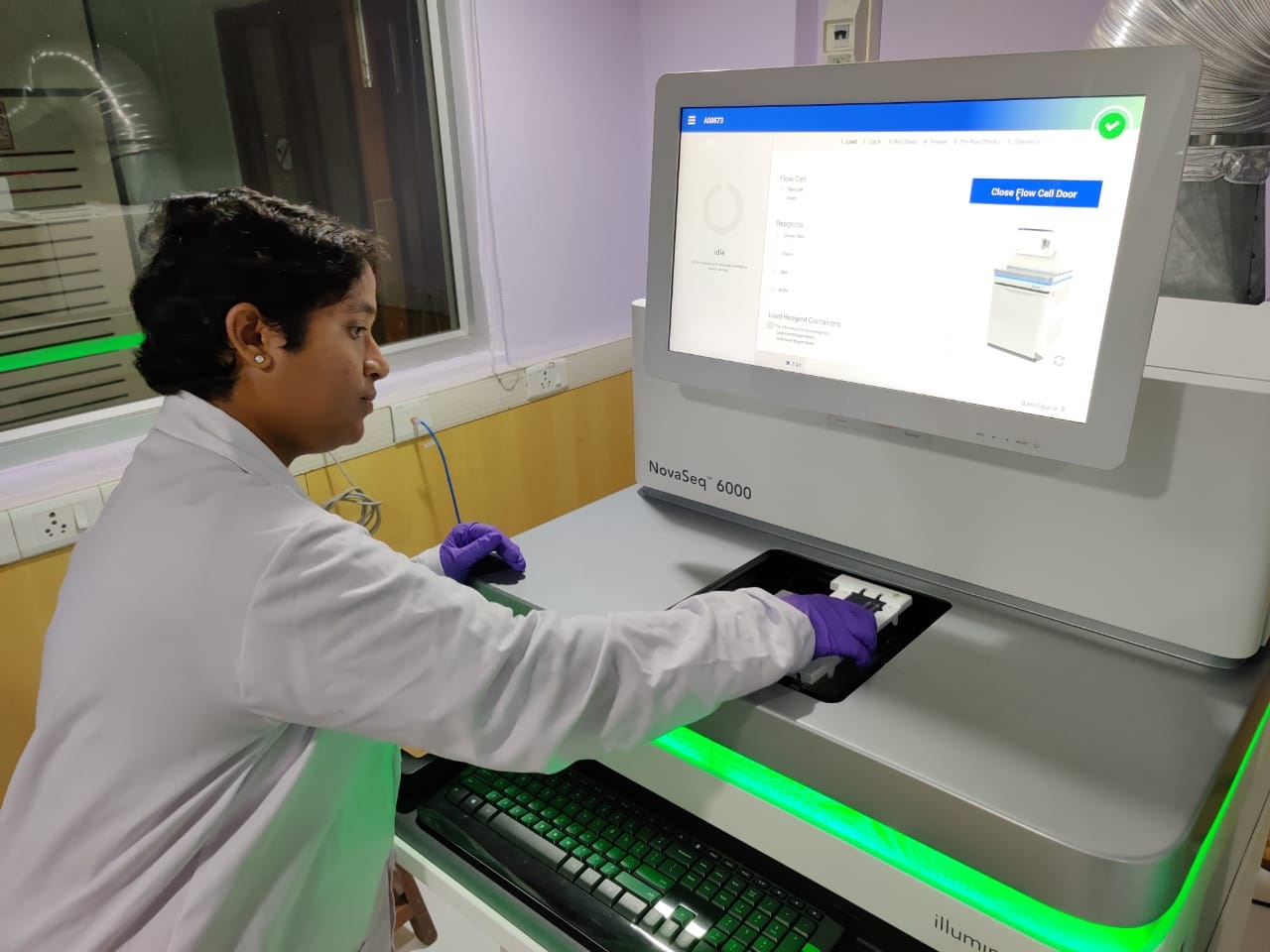No evidence to suggest coronavirus strain found in India is more virulent than existing strains
NEW DELHI: An Indian research body has discovered a unique strain of coronavirus in the country, mostly in its southern states.
Centre for Cellular and Molecular Biology (CCMB) states that the results of a genome analysis of SARS-CoV2 spread in India show that a distinct cluster of virus population, uncharacterised thus far -- called the Clade A3i -- is seen prevalent.
The Hyderabad-based research body further stated, "This cluster seems to have originated from an outbreak in February 2020, and spread through India. This comprises 41 percent of all SARS-CoV2 genomes from Indian samples, and 3.5 percent of global genomes submitted into public domain."
Here is a fresh preprint on genome analysis of SARS-CoV2 spread in India. The results show that a distinct cluster of virus population, uncharacterized thus far, which is prevalent in India - called the Clade A3i. (1/2)https://t.co/zoTiBf0nVF pic.twitter.com/wnb90tYNdw
— CCMB (@ccmb_csir) June 1, 2020
This cluster seems to have originated from an outbreak in Feb 2020, and spread through India. This comprises of 41% of all SARS-CoV2 genomes from Indian samples, and 3.5% of global genomes submitted into public domain. (2/2)
— CCMB (@ccmb_csir) June 1, 2020
As per the original research paper, the availability of whole genomes from multiple states in India prompted CCMB to analyse the phylogenetic clusters of genomes in India. "We performed whole-genome sequencing for 64 genomes making a total of 361 genomes from India, followed by phylogenetic clustering, substitution analysis, and dating of the different phylogenetic clusters of viral genomes."
The study describes a distinct phylogenetic cluster (Clade I / A3i) of SARS-CoV-2 genomes, which encompasses 41 percent of all genomes sequenced and deposited in the public domain from multiple states in India. Globally, the 3.5 percent of genomes -- which till date could not be mapped to any distinct known cluster -- fall in this newly defined clade. The cluster is characterised by a core set of shared genetic variants.
The research body claims that to the best of their knowledge, this is the first comprehensive study characterising the distinct and predominant cluster of SARS-CoV-2 in India.
CCMB, which identified the new strain of coronavirus in India, does not however indicate that any evidence has been found which would suggest that the strain is more virulent than existing strains.
It has been learnt that the trait is also similar to the ones detected in Singapore and the Philippines.






